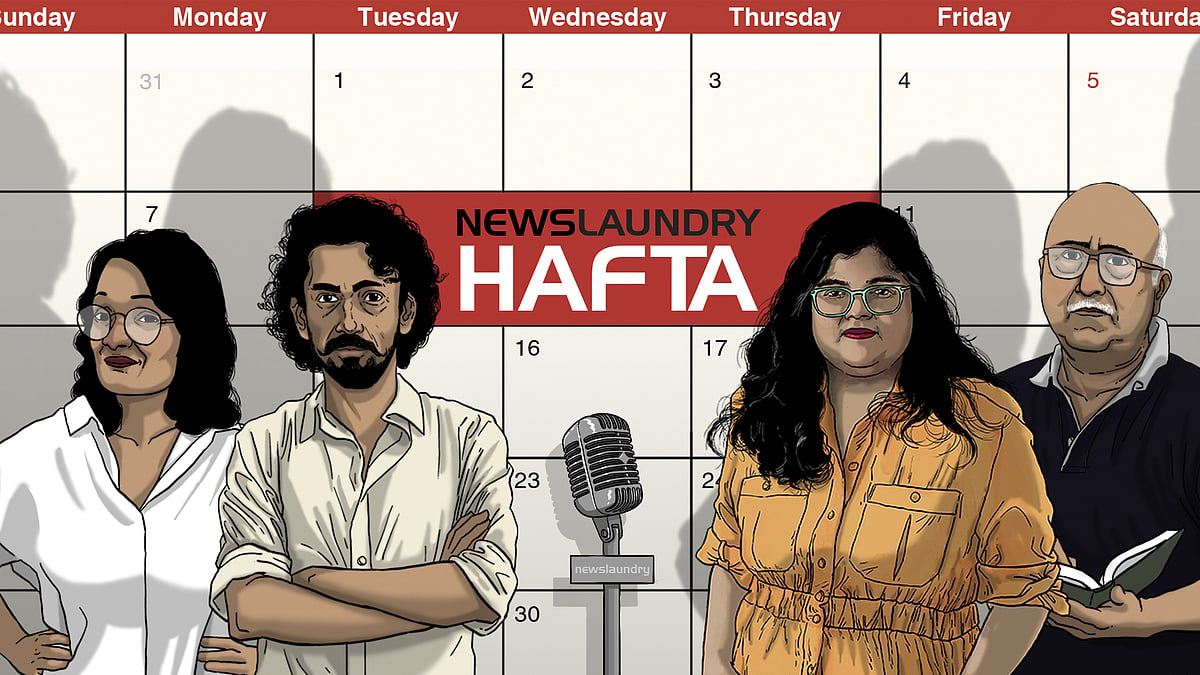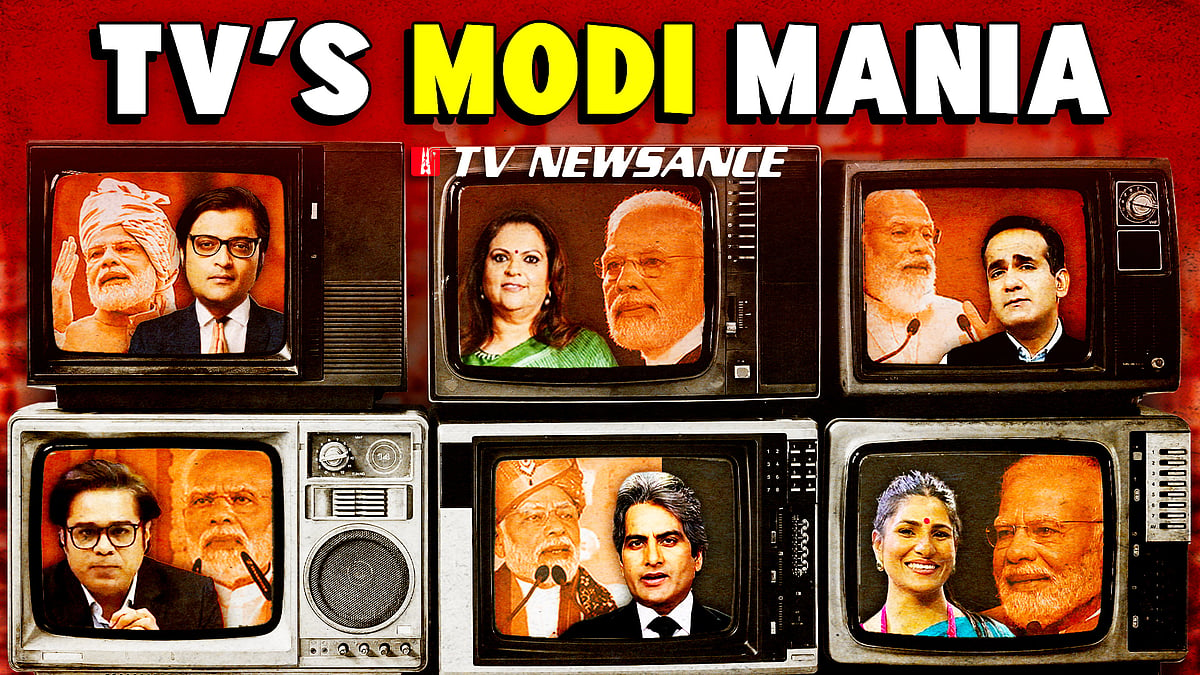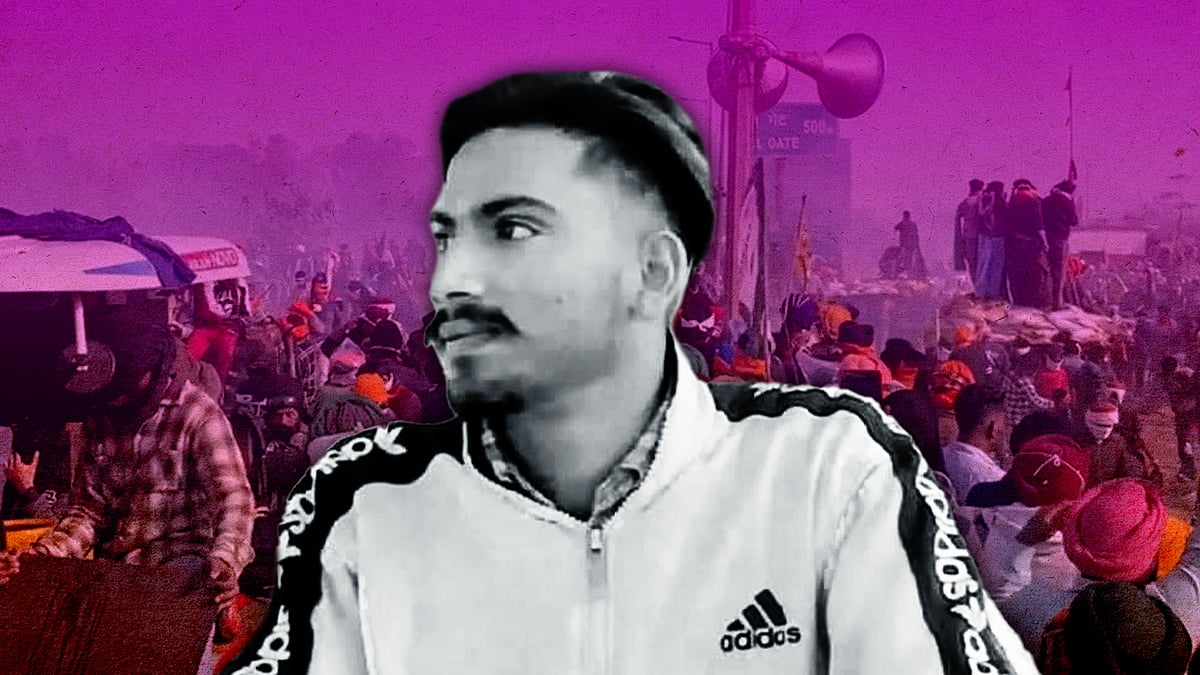‘Govt allergic to facts’: Journalists, farmer leaders enraged after X accounts withheld
From 2012 to 2021, there’s been a 99.8 percent increase in India’s requests seeking account information from X.
In the wake of the Modi government’s blocking orders against 177 social media accounts and posts on X amid farmers’ protest, the Elon Musk-owned platform, in possibly a first, issued a statement on February 22 saying it “disagrees” with the government actions targeting “specific” users.
X said that while the company will comply with the “executive orders”, it maintains that “freedom of expression” should extend to social media.
Newslaundry reviewed at least 27 accounts on X and four on Instagram that were withheld between February 13 and February 22. We learned that at least eight of these accounts belonged to farmers’ leaders, four to journalists, one media outlet, one farm union, and several Sikh activists and those vocal about the ongoing farmers’ protests.
Speaking to Newslaundry, at least eight people whose accounts were withheld said this is a direct attack on freedom of expression.
Farmer leader Gurpreet Sangha’s account was withheld on February 13, the day farmers from Punjab, Haryana and Uttar Pradesh began to march towards Delhi, in coordination with over 200 farm unions, to demand legal guarantee for a minimum support price for agricultural produce.
Sangha said that within a week, X also blocked a second account he had created after his original account was withheld. “This is dangerous because none of those accounts had a large following,” he said.
The farmers leader’s original account FarmStudioz had 600 followers, while his second account FarmStudiozz had a little over 300 followers.
Sangha said that the government action shows that it “does not want to spare any medium disseminating information about farmers' protest, irrespective of its reach”.
Two days later, on February 15, farmer leader Ramandeep Mann’s X account was withheld. It had 38,000 followers and regularly posted updates on the protests.
Mann said his account did not post anything “provocative” but was an “important handle” for farmers as it carried information not only related to the protests but also agriculture practices. He told Newslaundry, “Looks like the government is after those disseminating facts because it punctures the propaganda spread by the mainstream media.”
The other farmer leaders whose accounts were withheld are Pandher Sarvan, Ashok Danoda, Anuj Singh, Tejveer Singh, and Surjeet Phool. The X account of farmer union Bhartiya Kisan Union – bkuSbs – was withheld too.
‘Attack on source of income’
Among journalists, the accounts of Mandeep Punia and his digital media outlet, Gaon Savera, were blocked across platforms including X, Instagram, Facebook and YouTube. The website focuses on rural issues.
Punia’s personal X account had about 1.5 lakh followers, while Gaon Savera had over one lakh followers. The journalist said the digital outlet is his “sole source of income”. “With the ongoing farmers’ protests, it was time for peak coverage of farmers’ issues, who are also our target audience. The blocking of our social media platforms is like a double whammy.”
The X accounts of independent journalist Sandeep Singh and Punjab-based journalist Rattandeep Singh Dhaliwal were also withheld. Like Punia, Sandeep said the government action was an “attack on his source of income”, recalling that when his account was withheld in March last year, he only got it back after two months. He said he had been “busting a lot of fake news around the government’s crackdown on Amritpal Singh, head of Waris Punjab De” when the action came last year.
Sandeep added, “Like the farmers’ protest, the crackdown on Amritpal was a crucial time for reporting. The government blocks us as and when they want to, without providing any reason, especially at a time when the mainstream media is busy spreading propaganda. It is clear they are allergic to factual information.”
On February 15, two accounts run by social activist Hansraj Meena – HansrajMeena and TribalArmy – were withheld on X. Both amplified issues related to the Adivasi community and had also been posting about the farmers’ protests.
Meena told Newslaundry he created these accounts to form a digital community to advocate for tribal rights after he was “frustrated with the system after Rohit Vemula’s suicide in 2016”. His network comprises “over one lakh people” across the country who send him information on issues faced by the Adivasi community.
“We flag this on our accounts by tagging the concerned authorities. In a lot of cases, the issues have been resolved because of our massive reach,” he explained.
Meena said the blocking of his accounts “feels like a personal attack on tribal identity”, and that he was “shocked that the government can block anyone under the sun”.
The Instagram accounts of Canadian Sikh politician Gurratan Singh and Tractor2Twitter were also withheld, besides the X accounts of London-based Sikh activist Mankamal Singh, and Sikh collective TheSikhNet.
At least 11 other accounts that have been withheld were advocating for farmers’ rights, including FarmersFront, Tractor2twitr_P, polytikles, paramonkar, bhavjitsingh_ , Neertomar9, UK51NGH, and harjinder108.
None of them were informed about the reason for withholding their accounts.
Opaque orders, lack of ‘transparency’
X’s statement, posted on its Global Government Affairs account on February 22, said that while the company will comply with the “executive orders”, it is unable to publish them “due to legal restrictions”.
Social media platforms, including Meta and Instagram, and Google-owned YouTube do not make such orders public, restricted by “confidentiality clauses” under the Information Technology (Blocking Rules), 2009. Rule 16 says that “strict confidentiality” must be maintained “regarding all the requests and complaints received and actions taken thereof”.
X’s statement said the blocking orders, which are issued by the IT ministry on the request of the Ministry of Home Affairs, should be made public for “transparency”, and the lack of disclosure may lead to “lack of accountability and arbitrary decision-making.”
Newslaundry analysed the social media’s transparency data, available until and including 2021. From 2012 to 2021, there has been a 99.8 percent increase in the Indian government’s requests seeking account information from X. In 2012, there were only six such requests by the government. By 2014, it increased to 57, and by 2021, the requests went up to 4,386.

Globally, after the US, the Indian government has submitted the highest number of requests seeking account information, comprising 19 percent of total global information requests. India is followed by Japan (17 percent), France (17 percent) and Germany (six percent).
In 2023, according to a transparency update by X, India was among the top four countries for sending legal requests to remove content from the platform. The other countries were Japan, South Korea and Turkey.
Is it legal?
In 2022, X filed a petition in the Karnataka High Court, challenging the validity of the union Ministry of Electronics and Information Technology’s orders to take down content and block accounts. Most of these accounts were involved in the dissemination of information about the government’s actions related to the Covid-19 pandemic and the farmers’ protests.
X challenged the ministry’s orders as “incompatible” with section 69A of the IT Act and the Information Technology Blocking Rules, 2009. The petition said the ministry’s directives to suspend entire accounts were “disproportionate”, “excessive”, and contrary to the language of section 69A. It said the law did not empower the government to block entire accounts, but only specific tweets.
A year later, in June 2023, the high court dismissed the petition and also imposed a fine of Rs 50 lakh on the company, saying that it had approached the court without complying with the central government’s order.
The court also ruled that a blocking order extending to the takedown of an entire account under section 69A could be issued by the ministry. It said that a narrow interpretation of the section would “fail to effectuate the spirit and larger intent of the parliament”.
Subsequently, X appealed against the high court’s order – the writ appeal mentioned in X’s February 22 statement. The matter is still pending. In its petition, the social company challenged the “confidentiality clause” against making the government’s blocking orders public, arguing that not communicating the blocking orders to the users prevents them from challenging them.
Tanmay Singh, a Delhi-based lawyer who works on privacy rights, agreed, describing the confidentiality clause as “unconstitutional”.
“What is so secretive about these executive orders that X cannot even make them public? If you have taken down my post, there is no national security concern that you cannot show me the order,” he said. “You cannot tell what posts are deleted and why they are deleted. The lower the transparency, the lower the level of accountability will be.”
As per the 2021 amendments to the IT Act, if a social media platform does not comply with government orders, it may be liable for punishment under the law, including the provisions of the IT Act and the Indian Penal Code. Tanmay said the amendment “significantly increases” the government’s control over the operations of social media companies, “making them vulnerable to potential fines and even imprisonment”.
He added, “It takes away the safe harbour otherwise given to these platforms under section 79 of the IT Act.”
 Hafta 473: MSP guarantee for farmers, what happened in Sandeshkhali
Hafta 473: MSP guarantee for farmers, what happened in Sandeshkhali TV Newsance 242: Farmers, Sandeshkhali, and Modi mania on TV
TV Newsance 242: Farmers, Sandeshkhali, and Modi mania on TV Farmers’ protest: Two days after 21-year-old farmer’s death, kin await ‘FIR’, autopsy
Farmers’ protest: Two days after 21-year-old farmer’s death, kin await ‘FIR’, autopsy